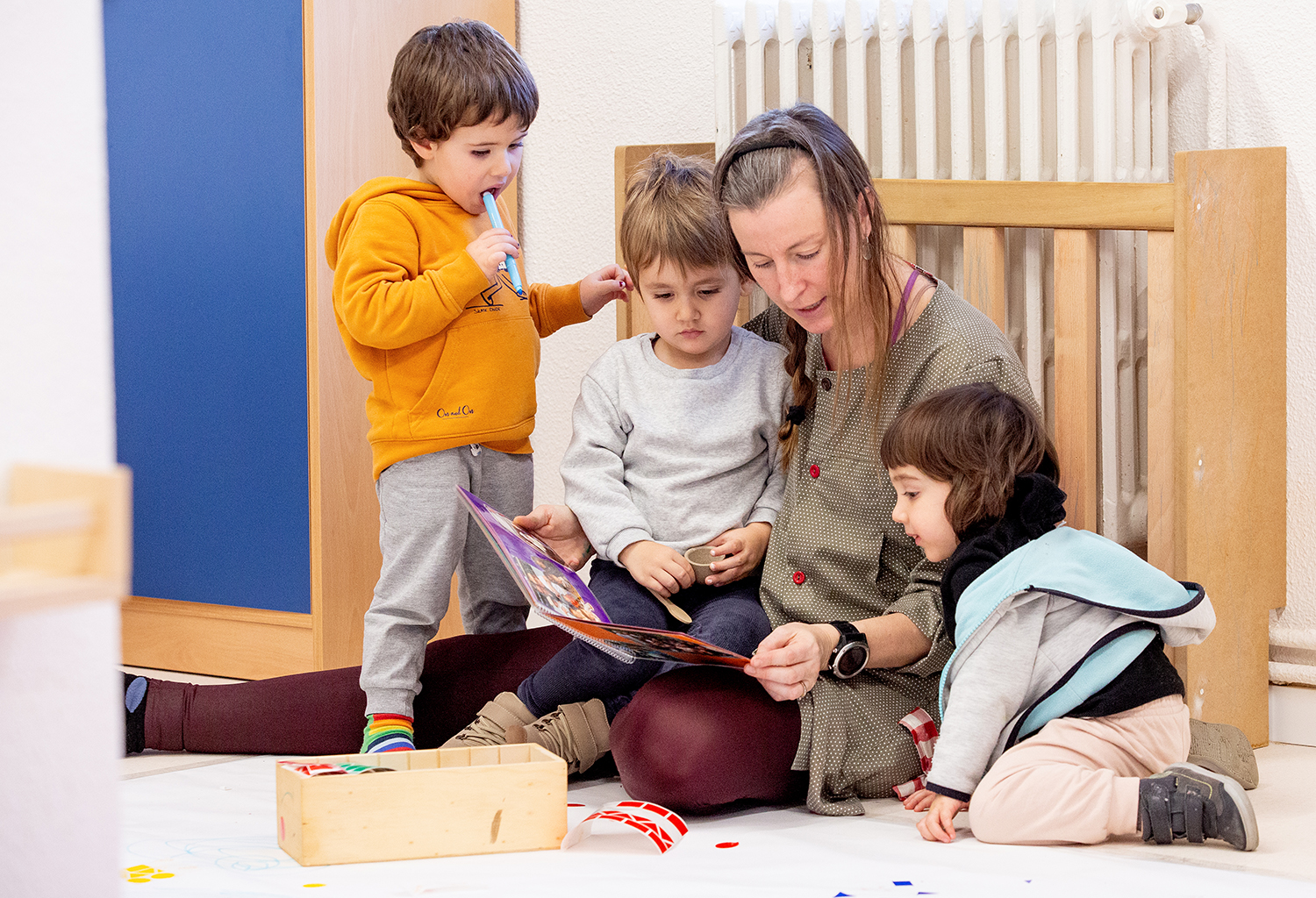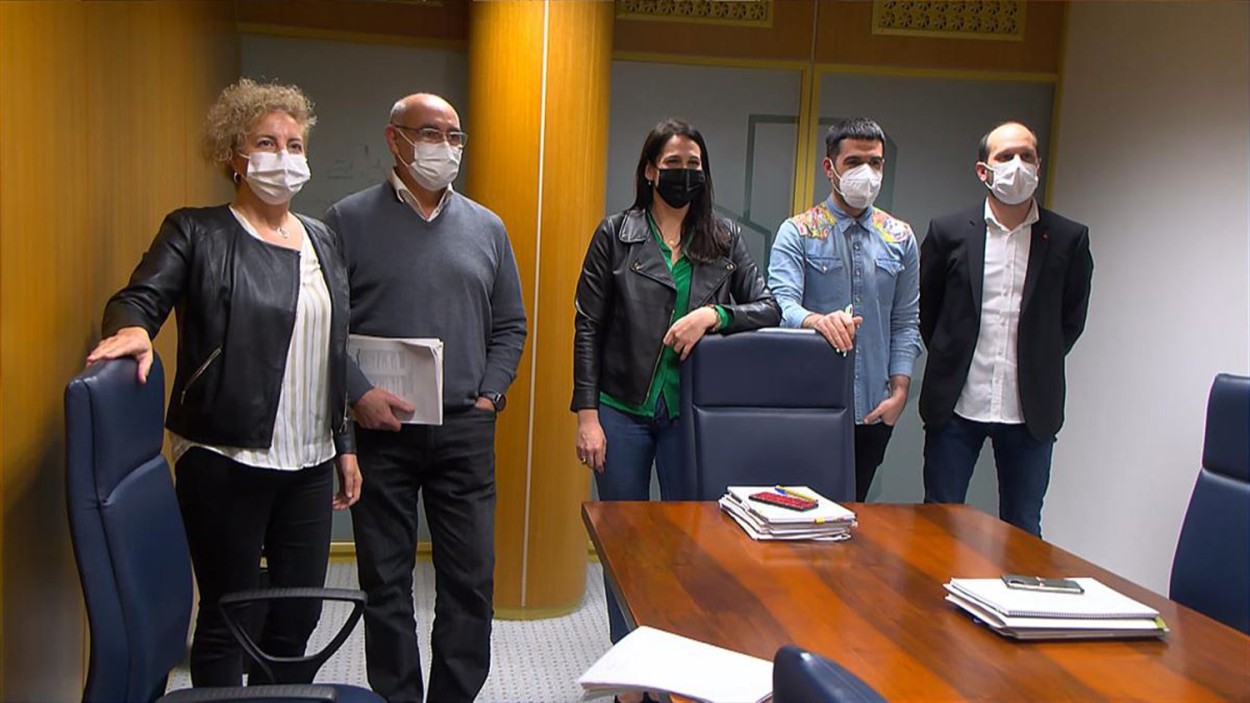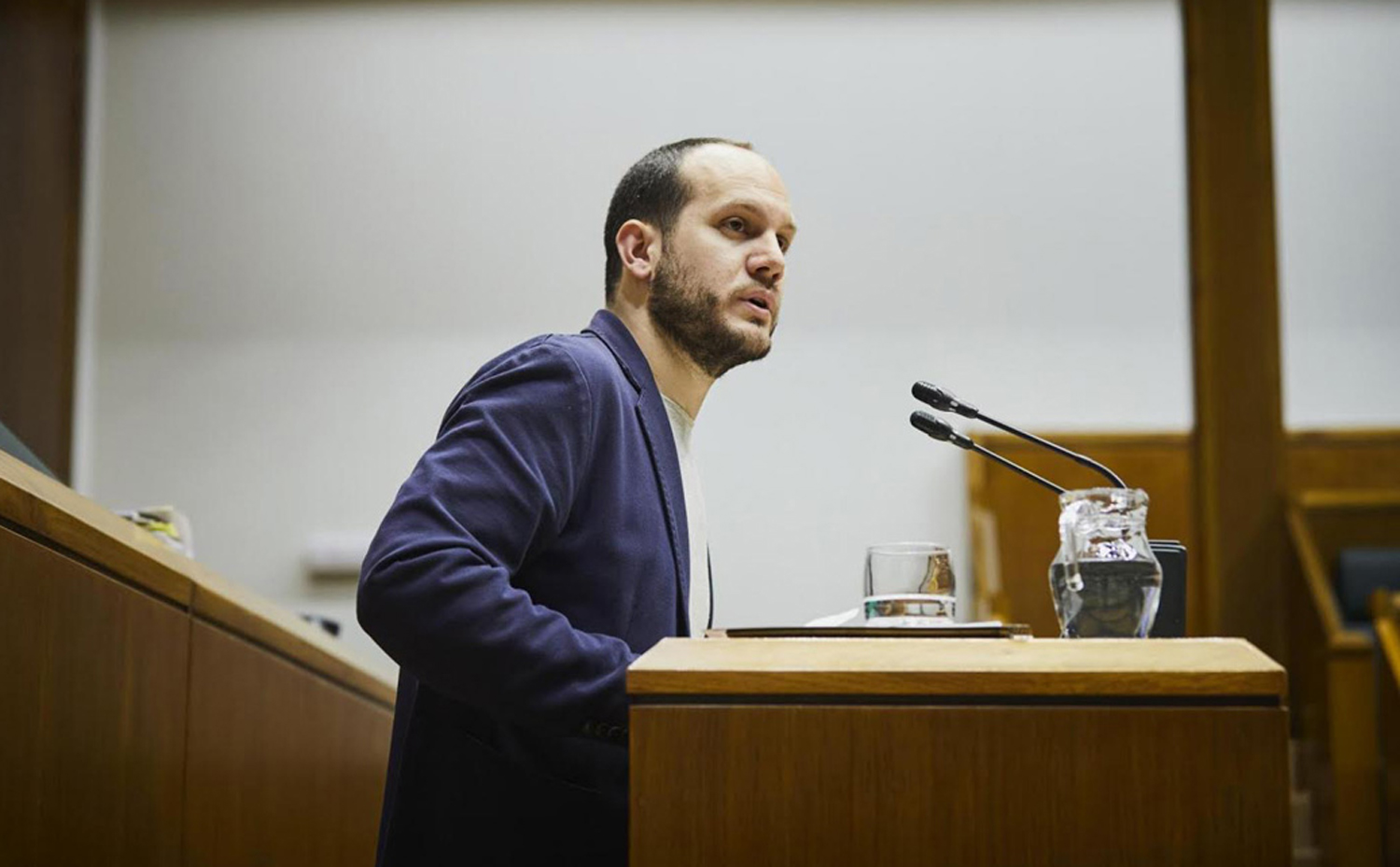How many vulnerable students will the educational centers receive at the CAPV?
- The Education Advisor, Jokin Bildarratz, after the changes made by the Basque Government in the process of enrollment for the next course to deal with the segregation of students, has referred to the number of vulnerable students, the proportion of vulnerable students who have received each center and the exceptions they have made: “94.1% of families will schooling their children.”

In the registration process of 2023-24, the Government has made changes in the scope of each family, in the adjustment of the offer of the center, in the reservation of a number of places of vulnerable students per center and in the prioritization of the nearby center in the school criteria, among others. Changes have only affected the registration process of 2-year-olds, but pre-enrolment caused a great stir in denouncing the award of a facility other than the one chosen by families. The counsellor has now given data in the Basque Parliament.
How many students will go to the center they have not chosen?
In the 2-year classroom there have been 11,969 registrations, of which 11,252 (94.1%) have obtained a place in the first choice made by parents. In 462 cases they have been awarded another centre chosen by the families and in 255 applications (2.1%) they have been granted an unsolicited place.
How many audiences, how many concerted?
6,384 families have applied for a public center as a first option and 5,585 families have arranged. With the changes made to the registration order according to the new criteria, the public school will finally receive 82 more students than those enrolled.
How many vulnerable students are there?
This year, the Government has sent home a questionnaire to determine whether a student is vulnerable or not. It has also taken into account those with a medical diagnosis. Following these criteria, 1,874 children enrolled in 2 year classrooms were identified as vulnerable, representing 15.4%.
And how many vulnerable students will each center receive?
The objective is for each center to respond to the vulnerability index in its area of influence. That is, if in its scope the proportion of vulnerable students is 5%, 5% of the places in each center of this area are for vulnerable students. According to Jokin Bildarratz, in 160 centers there has been no need for intervention in terms of supply; another 261 centers (50.8% of centers) have approached the vulnerability index corresponding to their area of influence; and 17 centers do not meet the corresponding vulnerability index.
“It’s the first step,” says Bildarratz.
Exceptions: which students have been guaranteed the first option?
Students with medical diagnosis and special educational needs have been able to choose the centre they want. In the case of children 2 years old who have siblings in the same center, although in principle they have not obtained a place, it has finally decided to guarantee a place in that center.
What response to criticism?
Several families reported that the chosen centre had not been adapted by the pre-registration period. The Ikastolas Confederation itself was very strong in pointing out that students enrolled in some ikastola will not be transferred to other centers.
Jokin Bildarratz has called for “a long-term look” and “the co-responsibility of society as a whole”: “All schools funded with public money must work together for a cohesive society and a system in which all students have the same opportunities”. He wanted to make it clear that the Department of Education is the one that records, “and there it begins and ends everything.”
Eskolaz kanpoko jardueren eskaintza zabala egiten duten ikastetxeen aldean, beste askok ez du horretarako aukerarik; eta eskola bereko ikasleen artean ere, denek ezin dute ekintzetan parte hartu, baliabide ekonomikoek baldintzatuta. Esku hartzeko dei egin diete instituzioei:... [+]





















